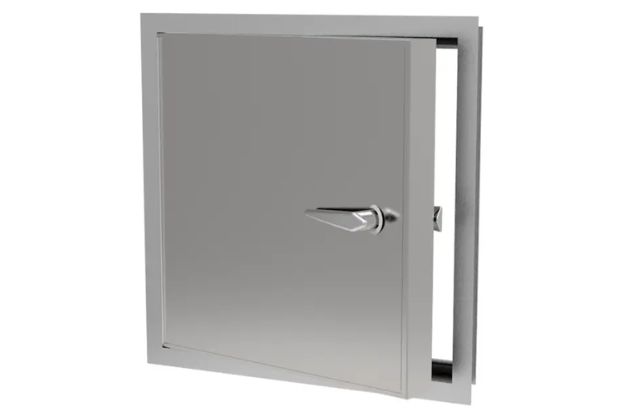Access Door manufacturer in delhi ncr
Truestar Air Systems
Access Door manufacturer in delhi ncr
In any HVAC system, access doors play a vital role by providing convenient entry points for inspection, maintenance, and cleaning. At Truestar Air Systems, we specialize in manufacturing durable and efficient HVAC access doors designed to enhance system performance and accessibility.

Features of Our Access Doors
Durability
Constructed from high-quality materials, our access doors are built to withstand tough conditions, ensuring long-term reliability.Ease of Access
Designed for quick and hassle-free access to ductwork and mechanical components, simplifying maintenance and repairs.Secure Locking Mechanism
Equipped with robust locks to prevent unauthorized access and maintain system integrity.Custom Sizes and Designs
Available in various sizes and configurations to fit different HVAC systems and project requirements.Aesthetic Design
Sleek and functional designs that seamlessly blend with the overall duct system.
Applications of Access Doors
- Inspection of duct interiors
- Maintenance of air handling units and fans
- Cleaning and replacement of filters
- Ensuring compliance with air quality standards
Benefits of Using Our Access Doors
- Reduced maintenance time and effort
- Enhanced system efficiency and performance
- Improved safety for HVAC technicians
- Long-lasting performance in both residential and commercial settings

